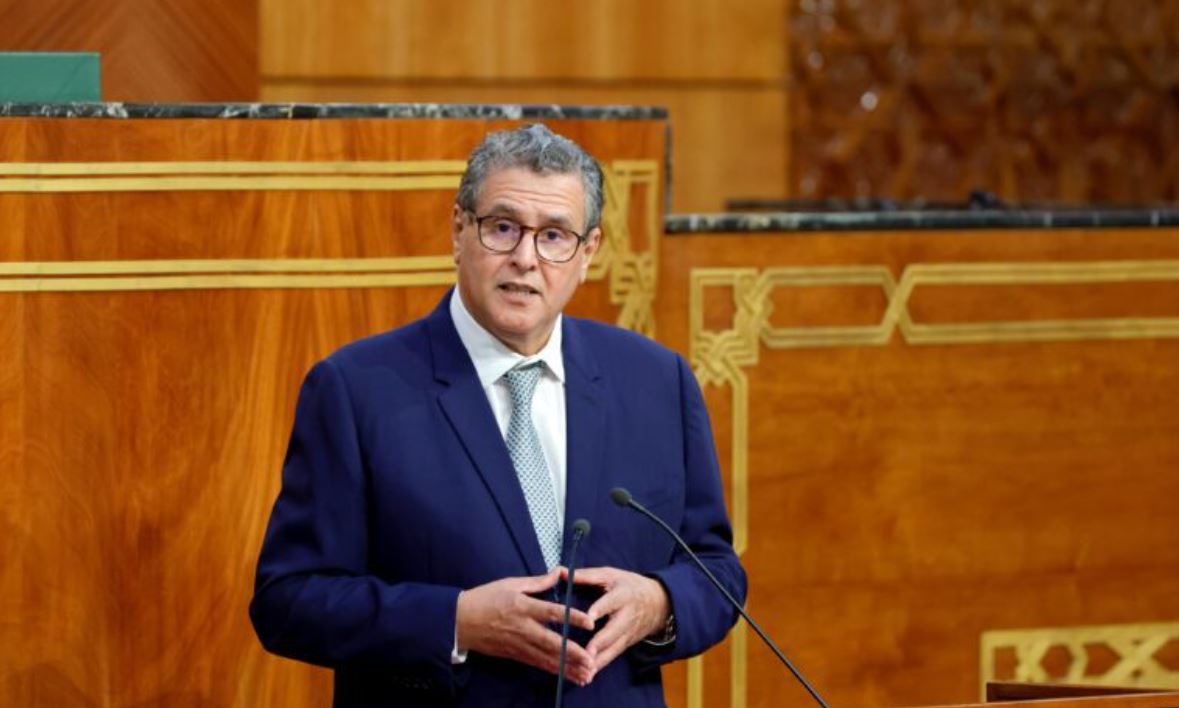Moroccan investment company Al Mada Ventures has acquired control of the agritech business YoLa Fresh, according to a statement released by Morocco’s Competition Council on October 3.
Aiming to simplify Morocco’s scattered fresh produce supply chain, the acquisition gives Al Mada Ventures, a firm committed to supporting technology innovation in Africa, a powerful role in YoLa Fresh. This comes on the heels of YoLa Fresh securing a $7 million pre-Series A investment round earlier this year, which Al Mada led along with investors such as Algebra Ventures, E3 Capital, Janngo Capital, and FMO.
Read also: Agritech startups can apply for the $50,000 MEST Africa Challenge 2024
Established in 2023 by Youssef Mamou and Larbi Alaoui Belrhiti, YoLa Fresh connects farms directly with stores and food service providers, reducing costs, cutting food waste, and increasing profits for both sides.
The company boasts a monthly gross merchandise volume (GMV) of $1 million and has forged partnerships with over 1,000 stores across North Africa.
With merchants averaging four transactions per week, YoLa Fresh distributes more than 1,200 tonnes of food each month and maintains an impressive 85 percent client retention rate. By the end of 2024 or early 2025, YoLa Fresh expects to reach a positive contribution margin.
Before founding YoLa Fresh, the two studied comparable agritech models worldwide, motivated by the success of companies like Waycool in India and Frubana in Latin America. Co-founder and CEO Youssef Mamou has a personal connection to the industry as the Moroccan startup incubator 212 Founders chairman and a former general manager of Uber’s Careem.
“I come from an agricultural family, so it made sense to build something impactful,” he remarked. Alaoui, his co-founder, has previously held senior roles, such as CEO of Jumia Morocco.
Read also: Startupbootcamp, Mara Group launch $250 million fund to boost African tech startups
YoLa Fresh’s platform leverages data analytics to offer information regarding harvests and market demand, in addition to sales and purchases. The firm allows merchants to make orders before midnight for delivery in the early hours of the morning by monitoring products from farm to retail.
Thanks to this methodology, food waste, which Mamou claims may amount to as much as 40 percent in conventional supply chains, has decreased. By 2026, YoLa Fresh intends to lower it to 3 percent after bringing it down to 6–7 percent.
As Morocco aims to scale domestic IT solutions, YoLa Fresh’s purchase represents a major development in the digital transformation of its agricultural industry.
Looking to expand its activities both inside and outside of Morocco, YoLa Fresh presents itself as a paradigm for how technology may solve problems with food delivery and give smallholder farmers all over economic empowerment.
















